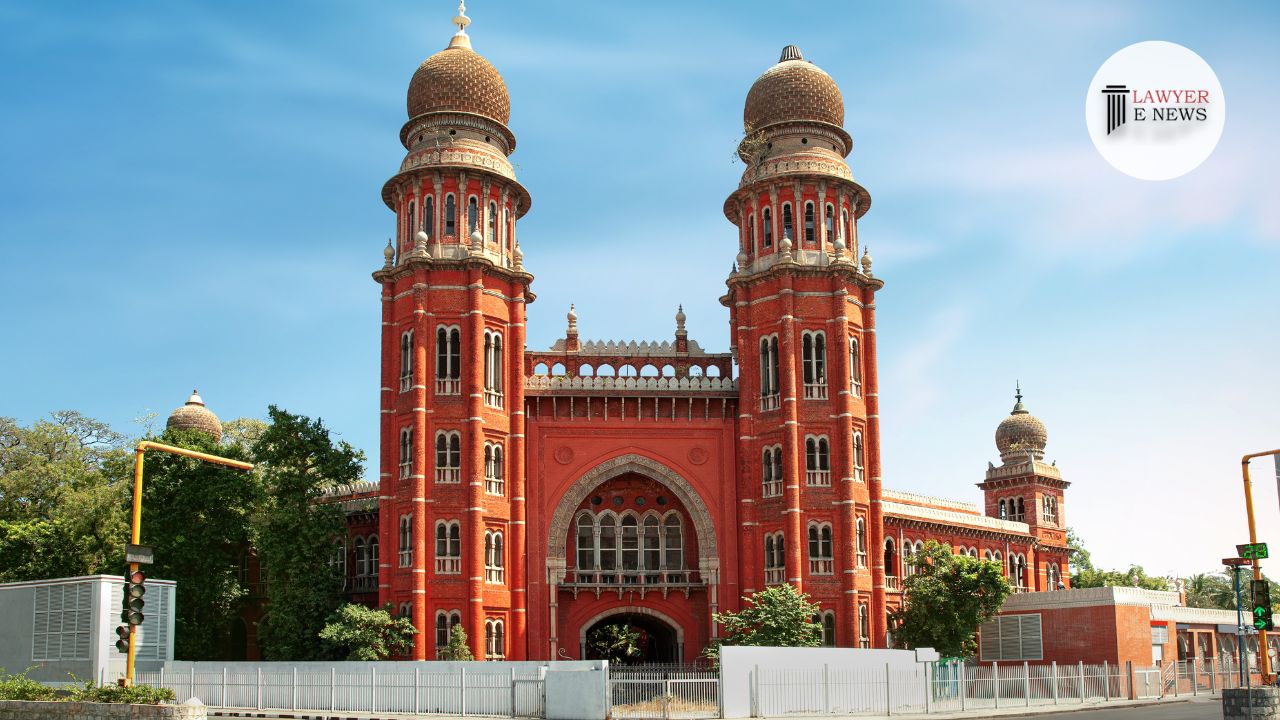-
by sayum
14 February 2026 2:22 PM



The Madras High Court in a landmark judgment upheld the classification of court orders sanctioning schemes of amalgamation as 'instruments' of 'conveyance' under the Indian Stamp Act, making them liable for stamp duty. The Court also partially quashed G.O.(Ms.) No.29 dated 01.03.2019, specifically its mode of computing stamp duty based on the aggregate market value of shares.
Brief on Legal Point: The judgment decisively interpreted the scope of 'instruments' and 'conveyances' under the Indian Stamp Act as inclusive of orders sanctioning schemes of amalgamation. It further clarified the State's authority in retrospectively applying stamp duty rates and delineated the permissible methods for computing such duty.
The petitions challenged the validity of the circular and Government Orders regarding stamp duty on court-sanctioned amalgamation orders. The primary issue was whether these orders could be treated as conveyances for stamp duty purposes and the legality of the retrospective applicability and method of computation of the stamp duty.
Instrument and Conveyance Classification: The Court affirmed that court orders sanctioning amalgamation schemes are 'instruments' and 'conveyances', thus subject to stamp duty.
Retrospective Application Validity: The Court upheld the retrospective application of reduced stamp duty rates as per G.O.(Ms.) No.47 dated 19.02.2020, asserting this within the State's legal powers.
Computation Method: The Court invalidated the part of G.O.(Ms.) No.29 that prescribed stamp duty computation based on 0.6% of the aggregate market value of shares, requiring legislative action for such a method.
Consideration of Stamp Duty Paid in Other States: The Court ruled that stamp duty paid in other states should be accounted for in Tamil Nadu's stamp duty calculation for the same instrument.
The Court maintained the circular on stamp duty for amalgamation orders and the retrospective application of reduced rates. However, it struck down the specific computation method based on the aggregate market value of shares in G.O.(Ms.) No.29.
Date of Decision: 19.02.2024
State of Tamil VS M/s Serene Estate Private Limited
